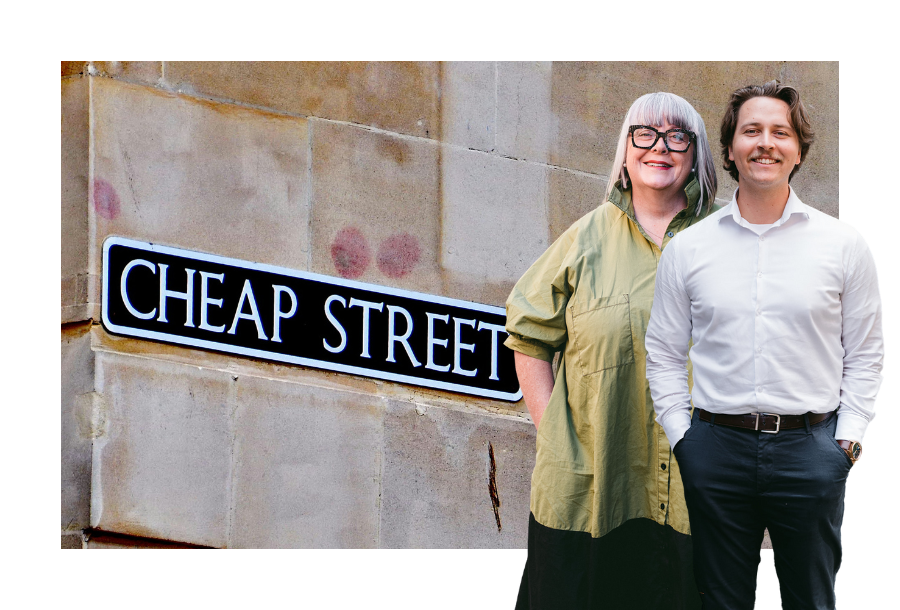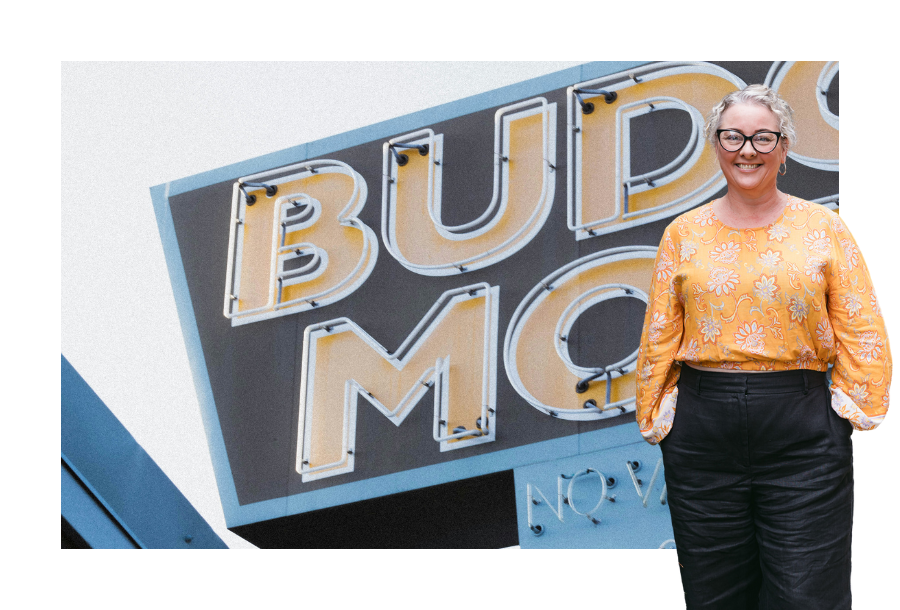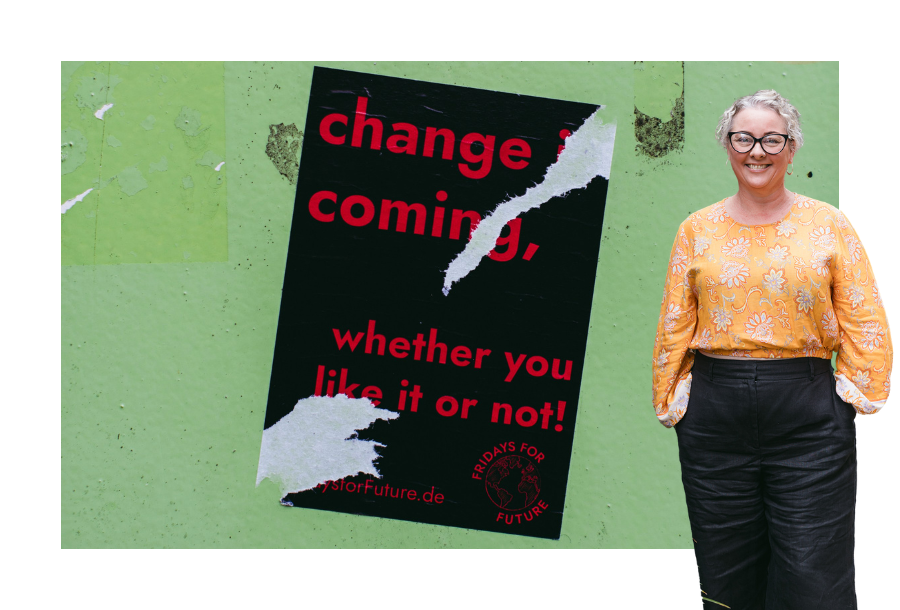Understanding the NDIS
WHAT IS THE NDIS?
There are around 4.3 million Australians who have a disability. Within the next five years, the National Disability Insurance Scheme (NDIS) will provide more than $22 billion in funding a year to an estimated 500,000 Australians who have permanent and significant disability. Which means for many people, it will be the first time they received the disability support they need
The NDIS can provide all people with disabilities with the information and connections they will need to live their day to day lives. This is to ensure they have the connections within their community for services such as doctors, sporting clubs, support groups, libraries and schools, as well as information about what support is provided by each state and territory government.
WHAT DOES IT MEAN?
- NATIONAL // The NDIS is being introduced progressively across all states and territories.
- DISABILITY // The NDIS provides support to eligible people with intellectual, physical, sensory, cognitive and psychosocial disability. Early intervention supports can also be provided for eligible people with disability or children with developmental delay.
- INSURANCE // The NDIS gives all Australians peace of mind if they, their child or loved one is born with or acquires a permanent and significant disability, they will get the support they need.
- SCHEME // The NDIS is not a welfare system. It has been designed to help people get the support they need so their skills and independence improve over time.
WHAT DOES THE NDIS DO?
Providing funding to eligible people based on their individual needs.
The NDIS provides reasonable and necessary funding to people with a permanent and significant disability to access the supports and services they need to live and enjoy their life.
Every NDIS participant has an individual plan that lists their goals and the funds they have received.
NDIS participants use their funding to purchase supports and services that will help them achieve their goals. Everyone has different goals but they could include things like getting and keeping a job, making friends or participating in a local community activity. NDIS participants control the support they receive, when they receive it, and who provides it.
The NDIS cannot fun a support that is:
- The responsibility of another government system or community services; or
- Not related to a person’s disability



